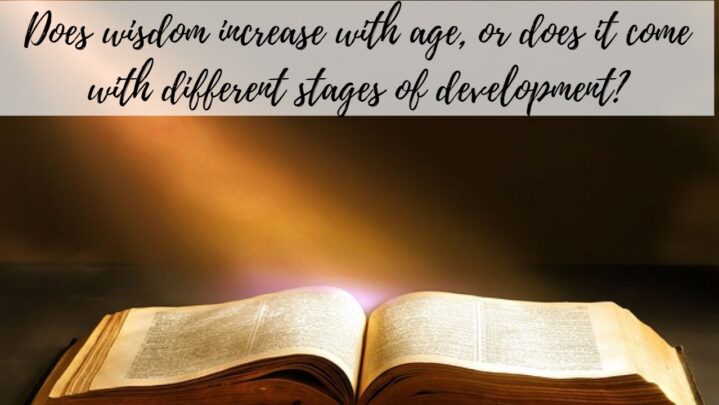Wisdom is a multidimensional concept that combines cognitive skills, emotional control, introspection, and life experience. While knowledge can undoubtedly be influenced by life experience, this is not the sole element. Younger people can also display wisdom through their ability to critically analyze, have emotional intelligence, and make thoughtful decisions.
Knowledge is not something that is simply acquired via age or experience, either. It also involves mentorship, exposure to various viewpoints, active contemplation of one’s experiences, and learning from them. In addition to education and training, self-development and personal growth are other ways to cultivate wisdom.
In conclusion, while experience and age may be elements that influence wisdom, they are not the only ones. It takes a combination of cognitive skills, emotional control, self-reflection, life experience, exposure to various viewpoints, and mentorship to develop wisdom, which is a complex and comprehensive construct. Given the proper conditions and chances, people of all ages and socioeconomic backgrounds have the capacity to acquire and demonstrate knowledge.





